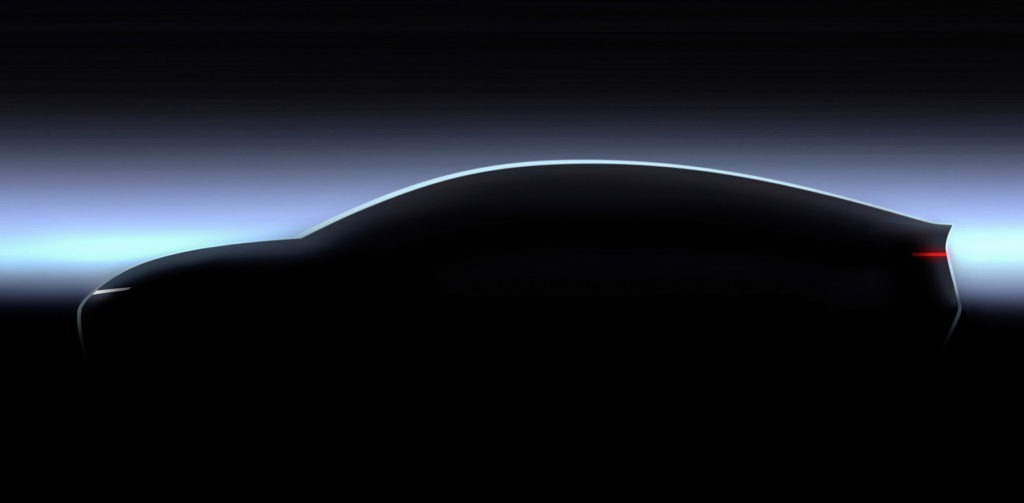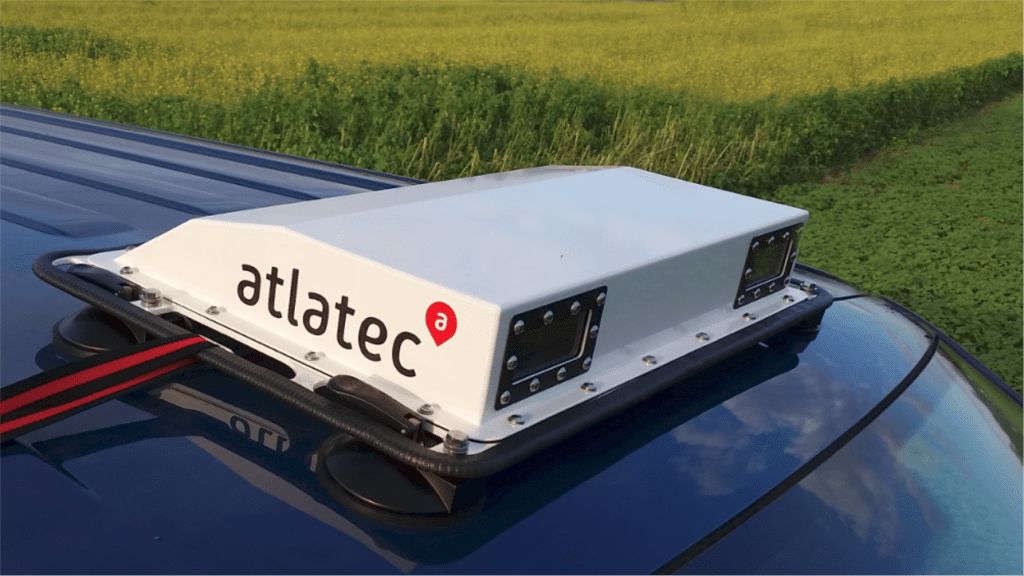Driving a Tesla for free in Germany
11 March 2022
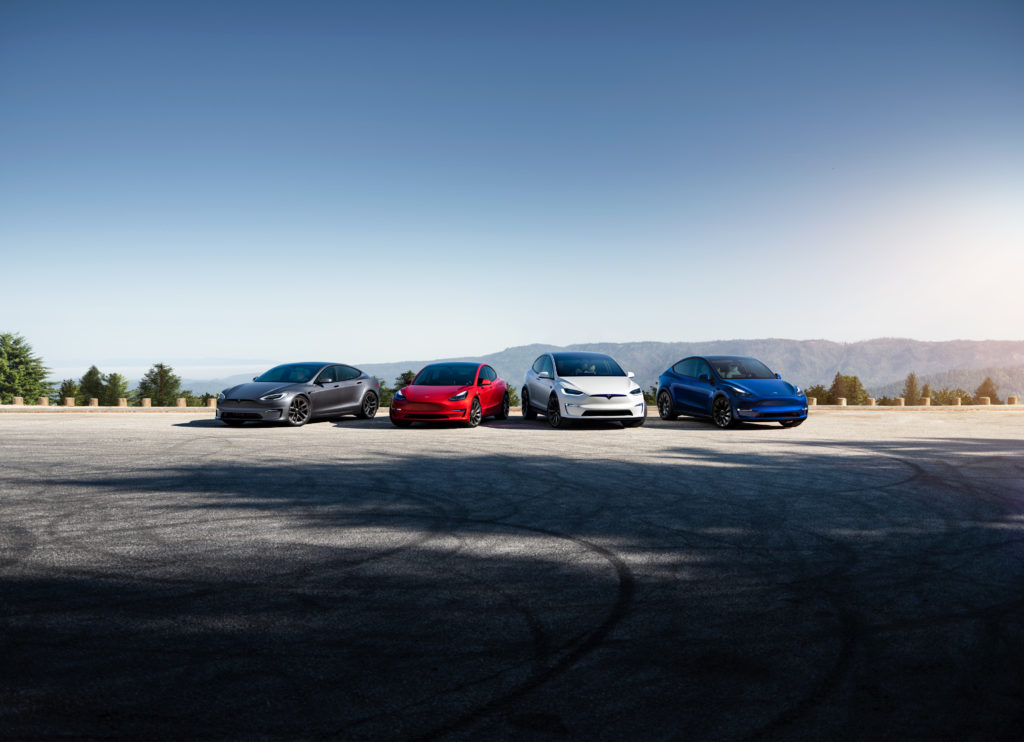
Car retailers in Germany have stumbled over a business model that allows car consumers to effectively drive a Tesla for free for a period of three to 12 months, with dealerships not shying away from advertising this opportunity.
Considering that Tesla is often dubbed the world’s most valuable car brand with its market capitalisation soaring to more than $1 trillion (€907 billion), this business model allows consumers in Germany to get their hands on a covetable Tesla car – apparently for free.
Guaranteed buyback
How does this work? Automotive dealers offer a guaranteed buyback agreement, which gives eager consumers the option to buy a range of Tesla vehicles, including the Model 3 and Model Y. These consumers can then drive the car for a limited number of months, before selling it back to a dealer who agrees to buy it for the original purchase price – minus the government premium for electric vehicles (EVs).
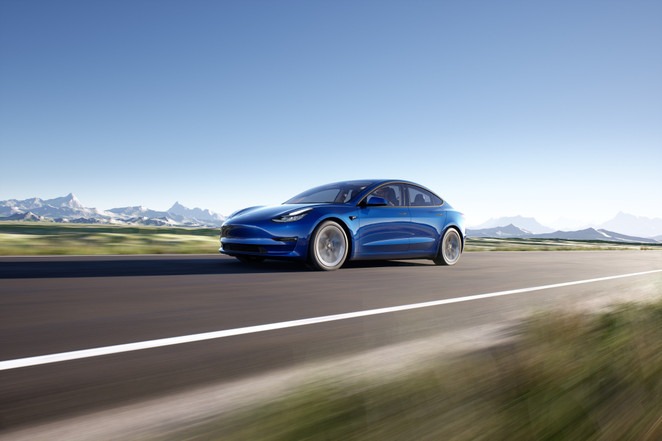
There are several reasons why some dealers take advantage of this. The minimum holding period in Germany to receive the electromobility bonus is currently six months although the government is looking to extend this to 12 months in 2023.
A success?
These kinds of eyebrow-raising dealership offers have been picked up by other news outlets, which point out that the scheme has proved to be a success among consumers in Germany – despite it coming with certain risks.
One German car dealer, Autozentrum Schmitz, said: ‘Tesla has increased the prices for the Model 3 Long Range and Performance by €3,000 as of 10 March, 2022, so we no longer offer buybacks for these two models. Orders at the old price are guaranteed to be bought back at the purchase price.’
While these terms and conditions might not be for everyone, for car dealers, this business model could potentially open up a lucrative export business that could benefit EV-friendly countries, including the Netherlands, Belgium and several Scandinavian nations.
New-car registrations published by the Kraftfahrt-Bundesamt (KBA) show that in 2021, 39,714 Tesla battery-electric vehicles (BEVs) were registered. Vehicle stock data indicates that on 1 January 2022, there were 66,422 Tesla cars in Germany – compared to 34,389 a year ago. While the number of Tesla vehicles almost doubled in that period, around 8,000 Tesla vehicles seem to have disappeared from the German market in that period, possibly being exported to other European countries.
The phenomenon of significant volumes of new German BEV and PHEV registrations migrating abroad is something already seen between 2015 and 2019, when vehicles were registered in the EU so that they counted in the brands’ CO2 footprints, and then sold in particular to a receptive market outside the EU, namely Norway. Since 2019, new registrations in Norway have also counted towards this footprint, so exports have declined rapidly.
In this case, however, it is not so much about the footprint, but primarily about collecting the German eco-rebate, and then doing double business abroad with high used-car prices. A similar principle seems to work in Sweden, precisely because of the high bonus and weak national currency compared to neighbouring markets.
German car production
Tesla is planning to cement its market position in Germany, with the carmaker hoping to open its local Grünheide plant soon, its first European gigafactory. Last week, the carmaker received a conditional go-ahead by the state of Brandenburg, which finally gave its approval after months of delays, allowing the carmaker to kick off operations in the near future.
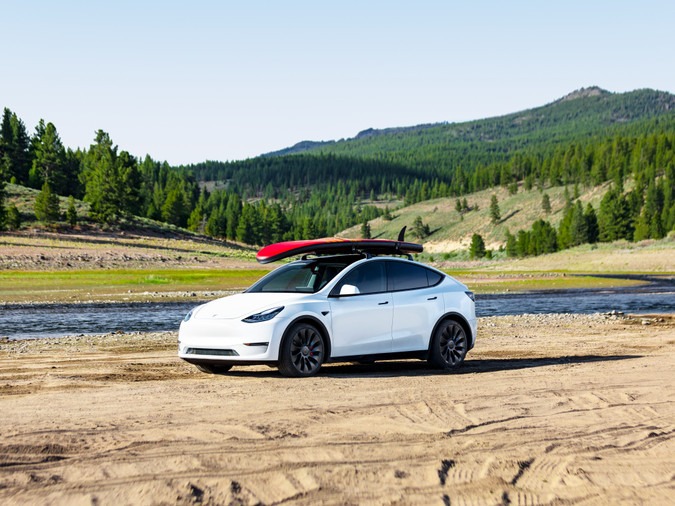
However, the automaker still needs to meet certain environmental conditions, particularly when it comes to water usage and air pollution, before it can officially start vehicle production in Germany. According to local media reports, Tesla will start delivery of its Model Y from the German site on 22 March. Bureaucracy has hindered Tesla from opening the German site sooner, which will play a major role in Tesla’s ambitions to close in on European market leader Volkswagen.
